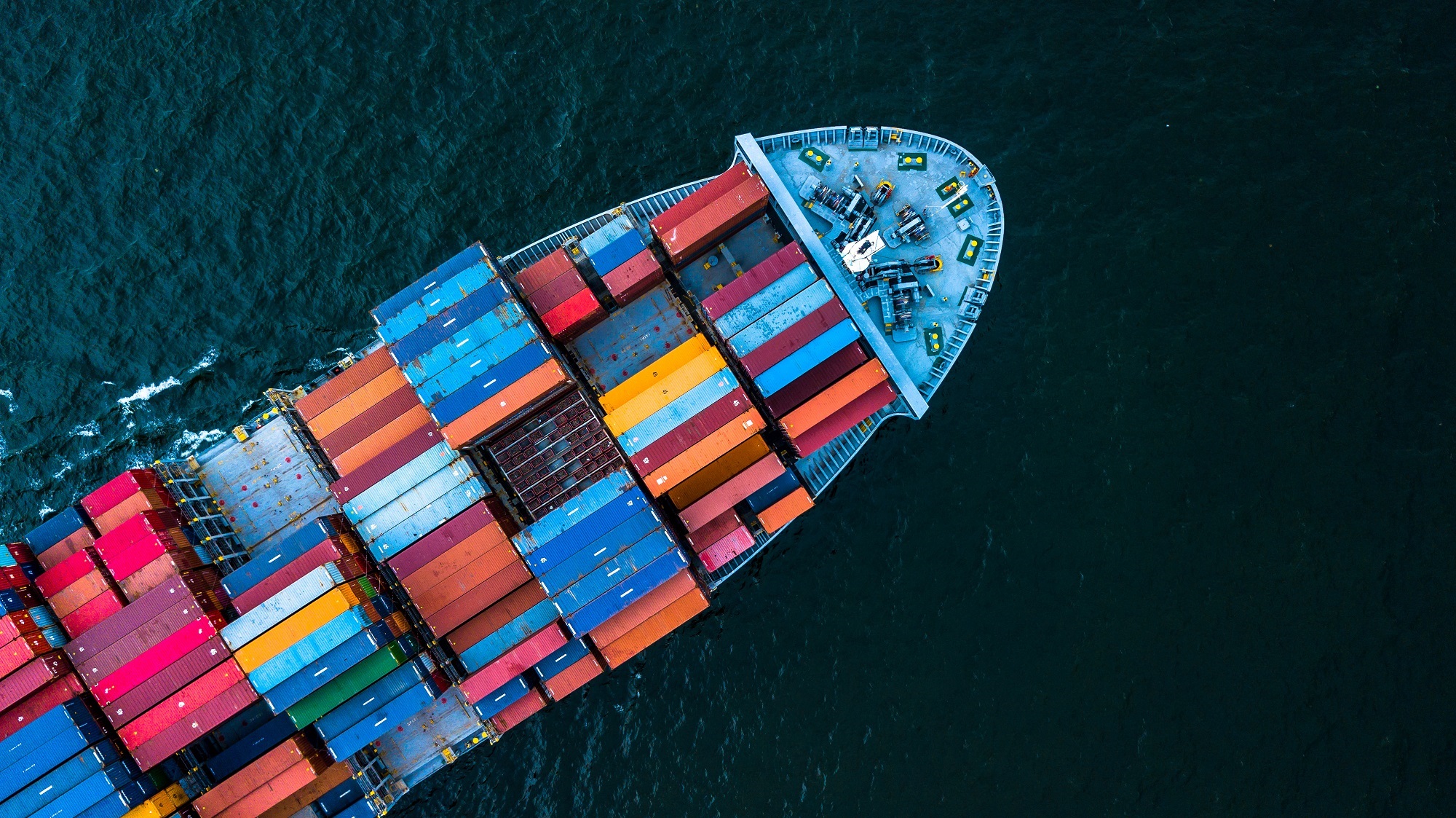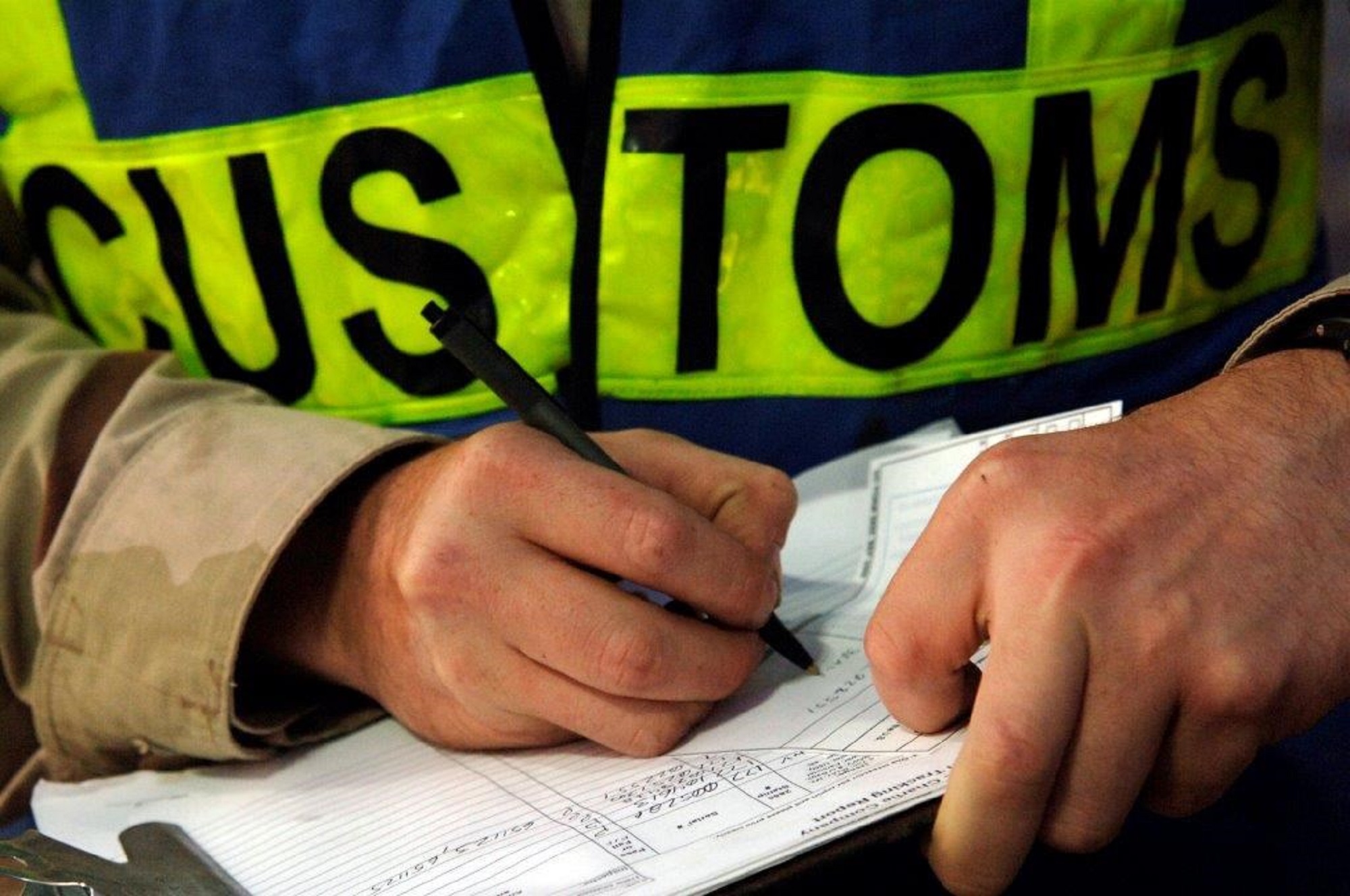Some time ago, the EU legislator has adopted new VAT rules in relation to international trade and e-commerce. In this article, we discuss the most important changes – which will enter into effect as of July 1, 2021. In addition, we briefly look back on some VAT rules which already became effective as of January 1, 2019.
Based on new information this article was updated on July 24, 2020 following recent new developments.
Changes as of January 1, 2019
Some minor changes to the VAT system already entered into effect as of January 1, 2019. In particular, these changes concern the introduction of a yearly turnover threshold for small entrepreneurs who carry out cross-border telecommunications, broadcasting or electronic services in the EU. In case their yearly turnover does not exceed € 10,000, these entrepreneurs can, under certain conditions, apply the VAT rules of the EU Member State in which they are established. Additionally, some invoicing and VAT return rules were changed.
Change of effective date e-commerce changes
The most important changes for e-commerce supplies will become effective as of July 1, 2021. Originally these changes would be implemented per January 1, 2021. However, due to the measures taken in relation to containing the coronavirus pandemic and the practical difficulties involved, the European Commission would like to postpone the introduction of this new set of VAT rules for the e-commerce business . On July 22, 2020 the European Council agreed to postpone those measures with 6 months. As a consequence the current rules will remain applicable until July 1, 2021. Both the Netherlands and Germany asked the European Commission to consider further extension of the date of implementation to January 1, 2022. The question is whether other Member States will follow. Austria, Bulgaria, France and Malta already informed that they would like the new regulation to be implemented per July 1, 2021. It seems that we have not heard the last word of this.
2021: Changes for e-commerce supplies within the EU
For businesses which focus on e-commerce supplies of goods within the EU, amongst other the following will change:
The current distance selling scheme will be altered. Currently, a business that supplies goods to final consumers in other EU Member States is often required to charge and pay VAT in the country where the transport of the goods ends. This can be the case when the business exceeds a certain yearly turnover threshold (the Netherlands, for example, has a yearly turnover threshold of € 100,000). As of July 1, 2021, the current turnover threshold will be abolished. This implies that the business is required, as from the first distance sale, to charge and pay VAT in the Member State where the transport of the goods ends.
For small e-commerce entrepreneurs, there will be a new yearly turnover threshold of € 10,000. in case these entrepreneurs remain below this threshold and are only established in one Member State, they are allowed to charge and pay VAT in the country where the transport of the goods begins.
Member States will offer businesses that are established within their borders to file one special VAT return for their cross-border distance sales in the EU. By making use of this so-called ‘One Stop Shop’, businesses will no longer have to file VAT returns in each of the Member States in which their distance sales are taxed. There will be specific conditions for applying the One Stop Shop scheme.
2021: Changes for e-commerce supplies from countries outside the EU
Increasingly, businesses make e-commerce supplies of goods from countries outside the EU. For these businesses, the primary changes as of July 1, 2021 include the following:
Under certain conditions, the current VAT rules allow the application of a VAT exemption to the importation of small consignments of goods which are shipped from countries outside the EU to customers within the EU. This VAT exemption, which applies to small consignments with a value of up to € 22, will be abolished as of July 1, 2021. This implies that the importation of such small consignments will be taxed with import VAT.
Businesses that make supplies of goods from countries outside the EU to customers inside the EU will be offered the option to make use of a One Stop Shop (OSS). This means that they have to file only one VAT return for all their distance sales from countries outside the EU. The OSS can only be used for consignments with an intrinsic value of not more than € 150. In case a business opts to make use of the OSS scheme, it is allowed, under certain conditions, to apply a VAT exemption for the importation of the goods.
There will be a special arrangement for the levy of VAT on importation in case the OSS scheme is not used. The arrangement allows certain businesses – generally, mail or postal companies – to collect the import VAT from the person for whom the goods are destined, to subsequently report and pay that VAT by means of monthly electronic returns. This takes away the need to pay the import VAT directly at the customs border. The special arrangement has certain conditions and only applies to consignments with an intrinsic value of not more than € 150.
Other changes
In addition to the above changes, the VAT system is amended on various other points. For example, there will be special obligations for businesses who facilitate distance sales via electronic interfaces such as (online) marketplaces or platforms (as of July 1, 2021). Also, four ‘Quick Fixes’ for the current intra-Community trade system are effective as of January 1, 2020. And then there are the plans of the EU legislator to drastically overhaul the mentioned trade system in the future. The latter plan is however still in the legislative phase.
Implications for your business
In case your business is engaged in (cross-border) trade or e-commerce, it is likely that it will be affected by the upcoming changes. Our expectation is that many businesses will have to adjust their ERP-systems and operating processes (e.g. administration, invoicing) – for example because of the changed turnover thresholds. This being said, the One Stop Shop scheme may lead to a simpler and more streamlined VAT reporting and payment process.
If your business already scheduled to implement the future changes per January 1, 2021, please note that the date of implementation is definitively changed to July 1, 2021. You may therefore want to reconsider implementation and business changes as until that date the current set of rules remains applicable.
Is your business affected by these changes and would you like to know more? Please contact us.
This content was published more than six months ago. Because legislation and regulation is constantly evolving, we recommend that you contact your Baker Tilly consultant to find out whether this information is still current and has consequences (or offers opportunities) for your situation. Your consultant will be happy to discuss the latest state of affairs with you.





